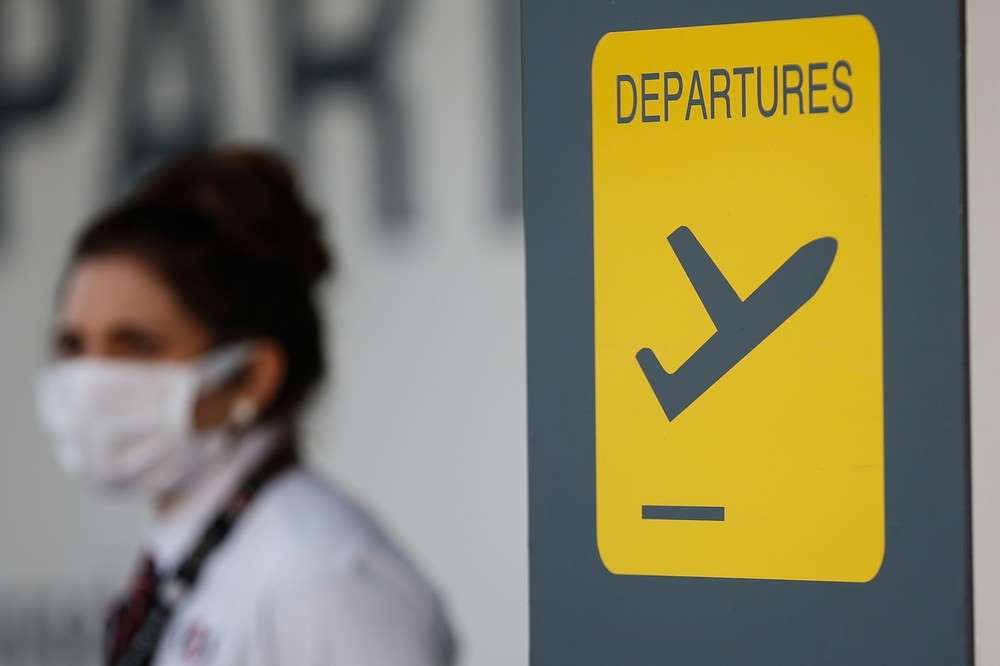Europeans who have been vaccinated against the coronavirus may be able to travel freely by this summer with a digital ‘vaccination passport,’ several European leaders have said, however Belgium's Prime Minister Alexander De Croo argued now is not the time to discuss such privileges.
This travel document would allow travellers to freely move around countries in the European Union, after many of the member states came to an agreement that such a pass is necessary, German Chancellor Angela Merkel said following a virtual summit.
“By the summer, it should be here,” Merkel said.
Support for this digital travel pass came mainly from member states who rely heavily on their income from tourism, such as Spain, Italy, Austria and Greece, of which the Prime Minister Kyriakos Mitsotakis submitted the initial proposal in January of this year.
Mitsotakis has already signed an agreement with Israel to ease travel restrictions between the two countries with proof of Covid-19 vaccination, and said “I expect that what we will be doing with Israel to be a trial run for what can be done with other countries.”
Related News
- De Croo convinced that Belgium's travel ban is 'proportionate'
- New European night train serving Belgium in the cards
- EU divided on Covid-19 'vaccination passports' for travel
In January, European Council President Charles Michel also warned that this vaccination passport should not be introduced too soon, whilst European Commission President Ursula von der Leyen said that she supported the idea of these certificates, calling for agreements on a European level.
"The decision on what to do with such a certificate will be taken by individual member states," she said. "But at the EU level, we will find a way to make the different national systems interoperable, as happened with the contact tracing apps."
Dutch Prime Minister Mark Rutte said that many practical questions still remain unanswered, and should become clear before implementing this technology, for example regarding how contagious someone can still be after a vaccination.
Although three vaccines have already been approved by the European Medicines Agency (EMA), and a growing number of vaccination campaigns are running across the continent, just 6,6% of the European population has received its first shot.
'Not the time for such privileges', Belgium says
Despite the support of many EU leaders, De Croo already argued such a system should not be introduced too quickly, adding “it is not for tomorrow.”
“It's really not a good idea to start granting such privileges in this situation. Certainly not because the active population, the people who travel, are barely vaccinated," said De Croo.
Belgium’s Foreign Affairs Minister and Deputy PM Sophie Wilmès also previously stated that such a passport “cannot lead to discrimination between European citizens if there is no universal access to vaccines.”
Other legal discussions have also arisen, such as the fact people cannot be forced to take a vaccine, which means people may be discriminated against when it comes to individual freedoms.
Despite the continent-wide delays in the rollout of jabs, von der Leyen insisted that 70% of Europeans should be vaccinated by the end of the summer.
The European leaders also said they expected the worst of the coronavirus crisis to be over by the summer.
Lauren Walker
The Brussels Times

